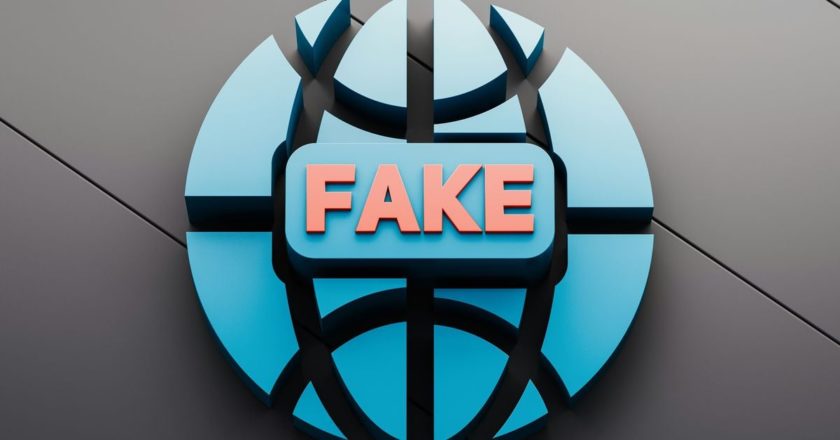The Indian cryptocurrency industry is experiencing massive growth. New traders are flooding crypto exchanges, executives from four of the largest crypto trading platforms in India exclusively told news.Bitcoin.com. They also share their views on what drives the Indian crypto market, current traders’ sentiment, and institutional interest in crypto in India.
Massive Growth of New Crypto Traders, Volumes
Cryptocurrency exchanges in India are seeing record numbers of new users signing up on their platforms, accompanied by huge surges in trading volumes.
At Unocoin, one of the oldest crypto exchanges in India, CEO Sathvik Vishwanath told news.Bitcoin.com last week: “Compared to the month of September, we are seeing about 2.5x the number of customers signing up for the service right now.” He added that Unocoin recently “expanded from brokerage to full-fledged exchange.”
Over at Wazirx, “New user signups have grown by 125%” and “Monthly trading volumes growth has increased by 225%,” CEO Nischal Shetty revealed.
Bitbns CEO Gaurav Dahake is seeing a similar trend, sharing that trading volumes on his exchange have increased by 200% over the last quarter. In addition, “daily user registrations have gone up 800%” since the Indian supreme court lifted the banking restriction in March.
Meanwhile, Coindcx CEO Sumit Gupta said that his exchange saw an overall yearly growth of 235.82% in signups compared to the previous year, adding that in the third quarter, his platform “saw 4x growth in daily active users.”
What Drives India’s Crypto Market
The four CEOs were asked about what is driving the Indian crypto market. Shetty told news.Bitcoin.com:
In March 2020, two major events happened which have boosted crypto adoption in India: the supreme court’s historic verdict and the pandemic.
He elaborated that “Several Indians have lost jobs, and this has led them to invest in cryptocurrency to earn side income by becoming traders, technical analysts, or crypto influencers.”
Gupta explained that “the national interest and curiosity in cryptocurrencies [are] at a new high in Q4.” He recalled that “the gradual shift started right at the beginning of the nationwide lockdown,” induced by the Covid-19 pandemic, which gave people more time at home to explore crypto trading. The supreme court lifting the banking restriction also “gave new entrants confidence to enter the cryptocurrency market,” resulting in “an increasing number of user signups and volumes.”
Dahake shared a list of key drivers fuelling the growth of the Indian crypto market, consisting of bitcoin’s “price, retail participation increase, exchanges spending more marketing dollars … and media coverage around it.”
Indian Trader Sentiment ‘Strongly Positive’
The CEOs share a similar view when it comes to traders’ sentiment in India. “We are seeing a change in the mindset of investors and traders,” Gupta explained to news.Bitcoin.com, citing several educational initiatives, including some by his own exchange. “More traders are doing extensive research (technical and fundamentals) before making investments and trading decisions in cryptocurrencies.” According to him:
There has been a seismic shift in the mindset of investors and traders in the past few years.
“What I’m seeing is, people are now taking notice of crypto,” Shetty detailed, emphasizing that “bitcoin is a digital asset which is not limited to any country, or entity, but available to anyone around the globe. Most people you see would actually like to have bitcoin in their portfolio because it’s a future asset.” Furthermore, he noted that bitcoin’s price shooting up is an important factor.
Dahake described Indian trader sentiment as “Strongly positive.” He recommends that most new users start with dollar-cost averaging (DCA) bitcoin instead of trading cryptocurrencies directly, noting that his exchange provides a service for this called Bitdroplet.
The executives also agree that positive crypto news from around the world, such as Paypal’s new crypto services, does influence the Indian market.
Growing Institutional Interest
While institutional investors are increasingly interested in cryptocurrency in countries like the U.S., the four CEOs agree that there is still little institutional interest in crypto in India.
Institutional interest “is fairly low but growing now,” Dahake remarked. “Custody remains the largest problem with institutional adoption. Till players like Fidelity and others which are big in traditional finance start providing that in India, that would not explode.” In comparison, he described:
Retail is growing really fast because the Indian stock market equity returns have been really low.
Noticing a similar trend, Gupta affirmed that “At the moment, interest and demand among Indians has been purely retail,” but added that he believes “we may see similar institutional investors in India in the coming years.”
Sharing the sentiment, Shetty concurred that institutional participation is “very low in India in crypto,” citing that “regulatory uncertainty is the biggest hurdle.” He emphasized, “institutional players would need regulatory clarity before participating in a new asset class like crypto.”
Vishwanath clarified that Unocoin’s recently launched exchange “is designed to cater to both retail and institutional investors,” concluding:
We have seen in the past that India follows a trend that is similar to developed countries lagging by a few quarters. So this has made many institutions to start thinking about crypto in their balance sheet but they are yet to jump on the bandwagon yet.
What do you think about how fast the Indian crypto industry is growing? Let us know in the comments section below.
Image Credits: Shutterstock, Pixabay, Wiki Commons
Disclaimer: This article is for informational purposes only. It is not a direct offer or solicitation of an offer to buy or sell, or a recommendation or endorsement of any products, services, or companies. Bitcoin.com does not provide investment, tax, legal, or accounting advice. Neither the company nor the author is responsible, directly or indirectly, for any damage or loss caused or alleged to be caused by or in connection with the use of or reliance on any content, goods or services mentioned in this article.




